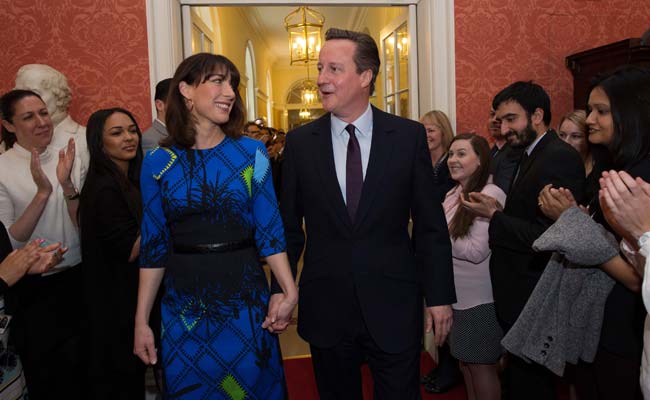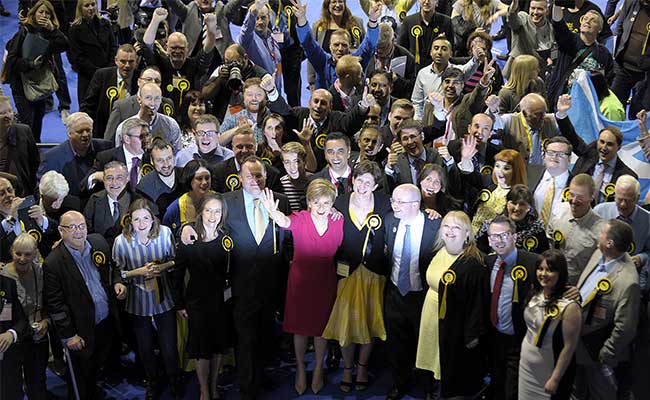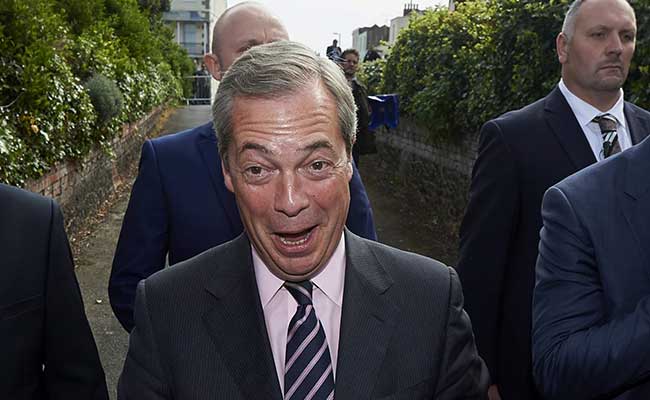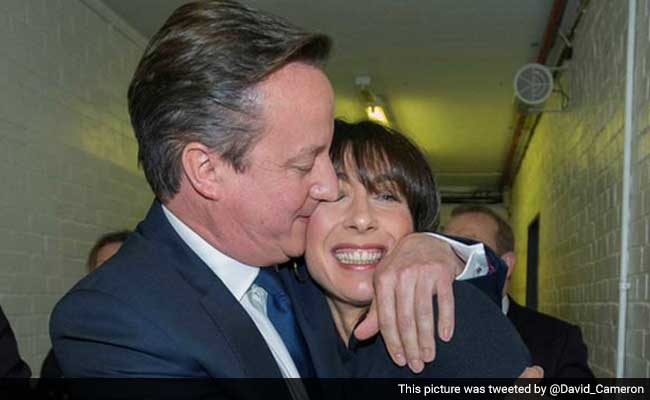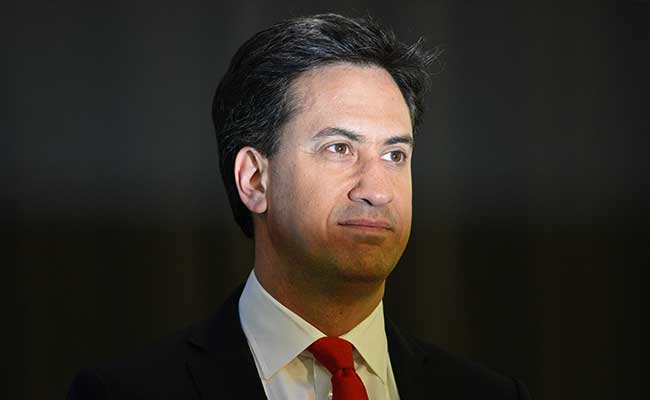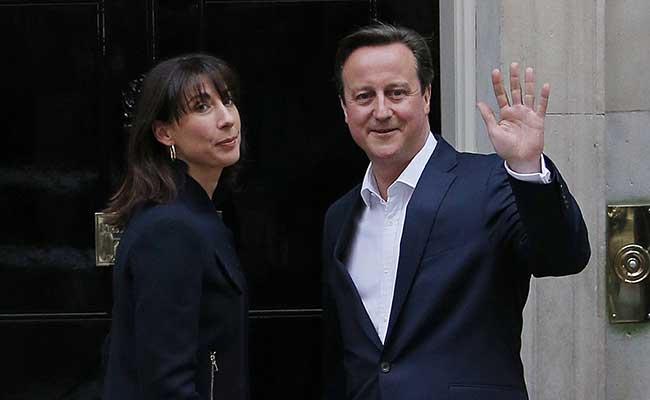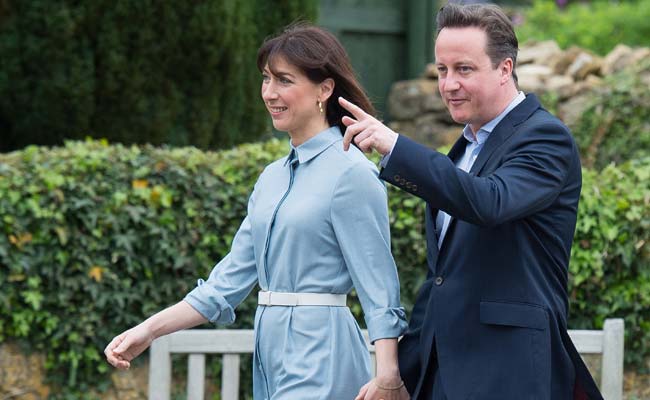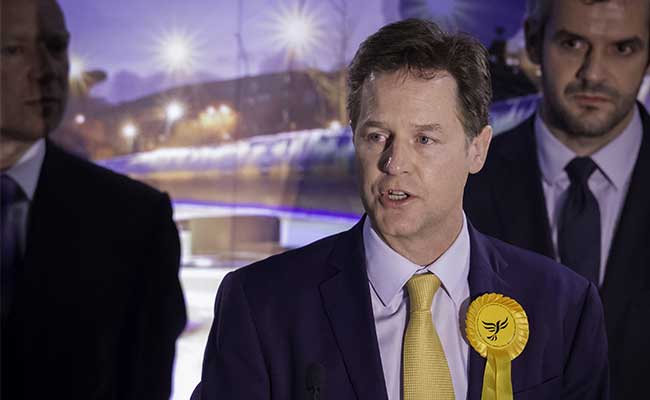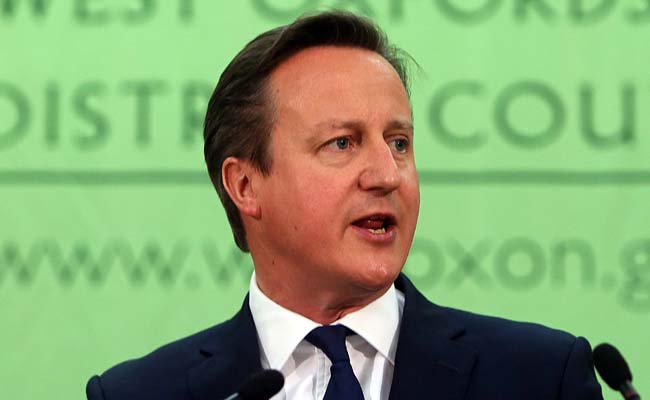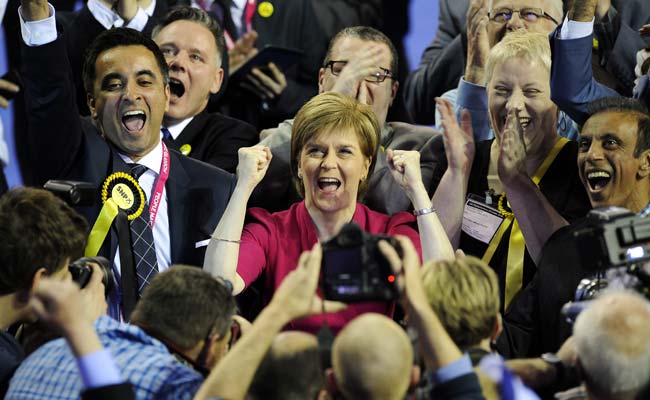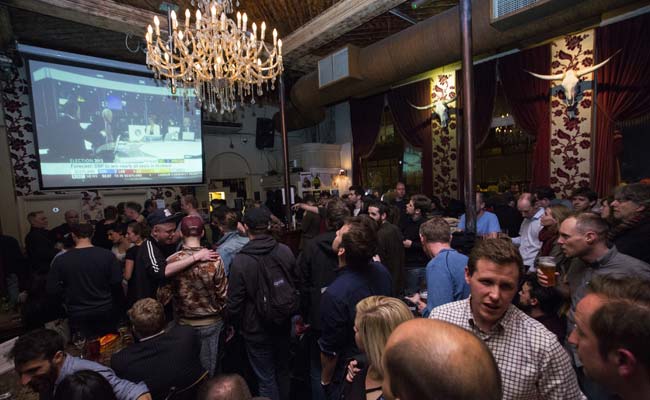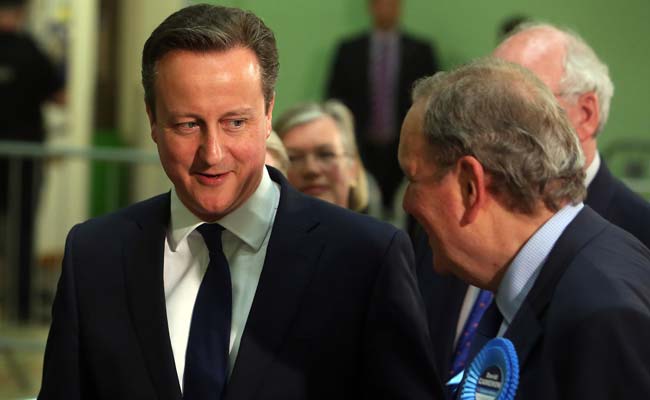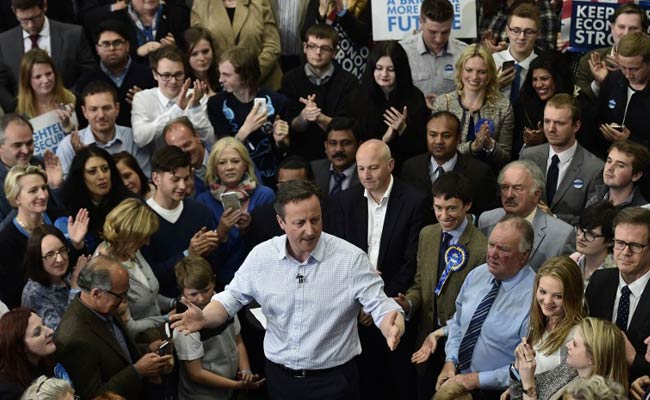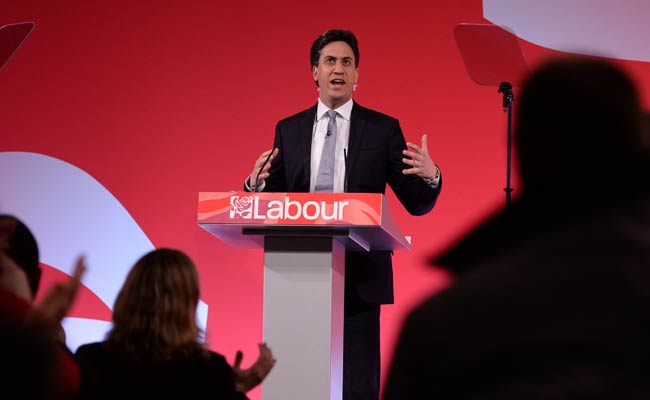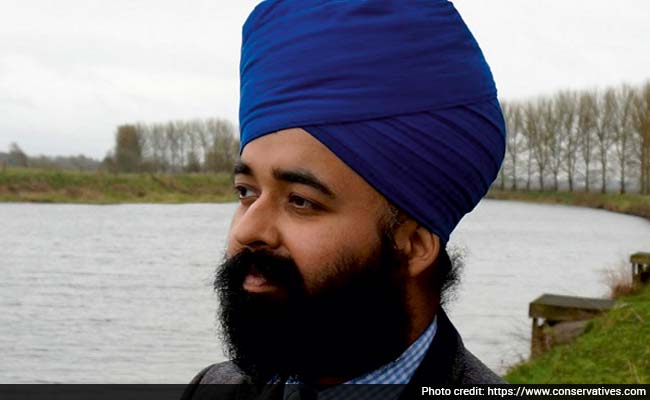Scottish nationalist leader Nicola Sturgeon on Friday held out the possibility of a new independence referendum - but not immediately - after her party's crushing victory north of the border in a British national election.
The Scottish National Party (SNP) obliterated its opponents, taking 56 of Scotland's 59 seats in the Westminster parliament. The Conservatives, Labour and Liberal Democrats could muster only one seat each.

(Leader of the Scottish National Party Nicola Sturgeon reacts to results at the Glasgow election count at the Emirates Arena in Glasgow on May 8.)
"There is a track record here. The truth is that at most though not all recent elections, the polls have tended to underestimate the Conservatives and overestimate Labour."
Some pollsters admitted something had gone badly wrong, and they did not yet understand what.
"Election results raise serious issues for all pollsters," said Populus, one of the main polling firms, on Twitter.
Others, such as Survation, ComRes and Ipsos MORI, defended themselves, saying they had been right about the Scottish National Party's surge, the collapse of the Liberal Democrats and a sharp increase in vote share for anti-EU party UKIP.
Andrew Hawkins, chairman of ComRes, said this fragmentation of the political landscape had presented pollsters with "extra headaches" by turning the election into a "patchwork of regional contests" where national trends were less relevant.
Such was the disbelief when the exit poll of people who had actually voted came out on Thursday night that Paddy Ashdown, a former leader of the Liberal Democrats, vowed to "publicly eat my hat" on live television if it turned out to be right.
Ashdown will now struggle to live down the comment as the Lib Dems suffered even heavier losses than the exit poll predicted. "Paddy Ashdown's hat" acquired its own Twitter account and jokes have been flourishing online.
John Curtice, a prominent elections expert and president of the British Polling Council, said it would launch an inquiry into what had gone wrong, led by an independent statistician.
With votes counted in all 650 constituencies, the Conservatives had won an overall majority of 331 seats in the House of Commons with Labour doomed to languish on the opposition benches with 232 seats.
The result came as a complete shock following months of polls which showed the two big parties running neck-and-neck with neither close to winning an overall majority.
"There's only one opinion poll that counts and that's the one on election day and I'm not sure that's ever been truer than it is today," Prime Minister David Cameron said after winning his own seat, Witney.
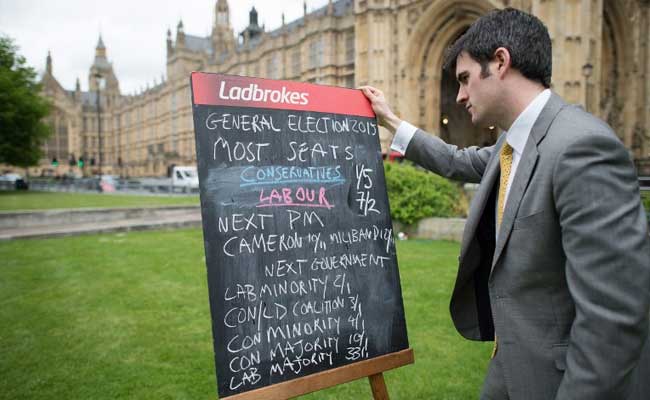
"I look forward to continuing to strengthen the bonds between our countries, as we work together on behalf of global peace, security and prosperity," Barack Obama said in a written statement.
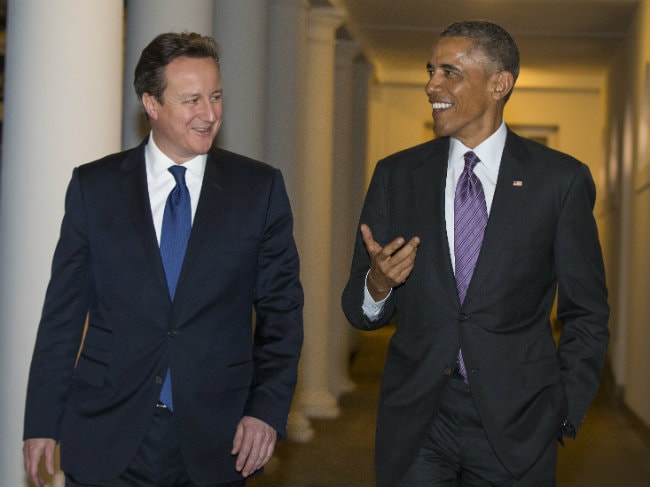
File Photo: US President Barack Obama, right, walks with British Prime Minister David Cameron (AP Photo)
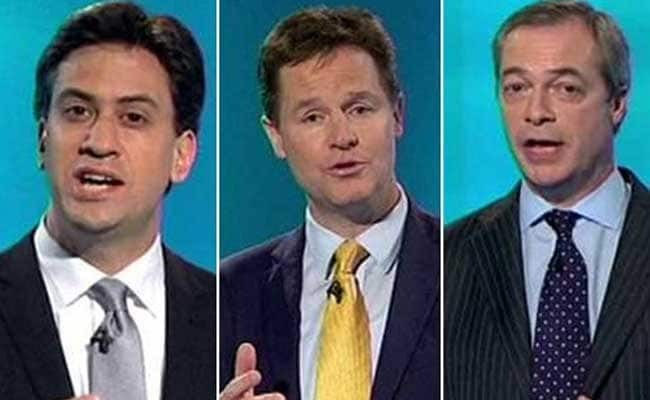
(Left to right: Ed Miliband, Nick Clegg and Nigel Farage)
 Sweeping Win for David Cameron in Britain
Sweeping Win for David Cameron in BritainPrime Minister David Cameron and his Conservative Party won a surprisingly solid victory in the British general election Thursday, with projections and partial results Friday morning showing that the party will at a minimum come close to winning an overall majority in Parliament.
"And now it's time for someone else to take forward the leadership of this party, so I'm tendering my resignation, taking effect after this afternoon's commemoration of VE day ..."
He said the party's deputy leader Harriet Harman would take over until a new leader is elected.
Labour, which had gone into the election expecting to challenge for power, was instead soundly beaten by the Conservative Party, which is now set to govern on its own with an outright parliamentary majority.
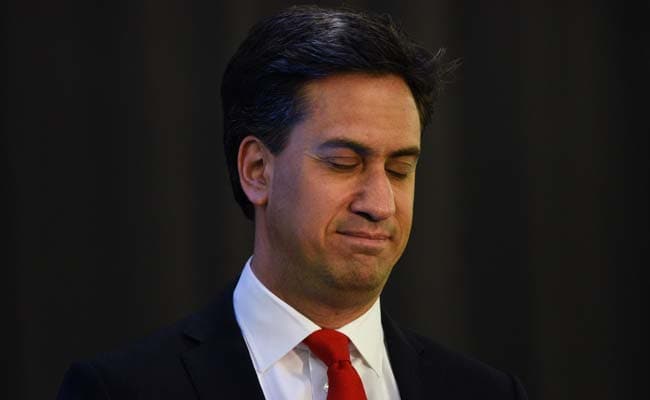
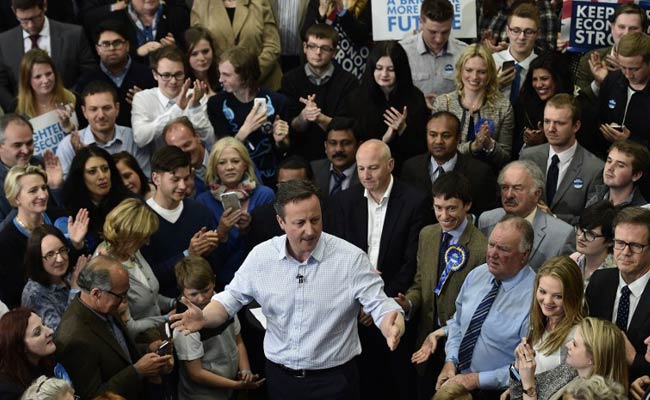
(File Photo of David Cameron)

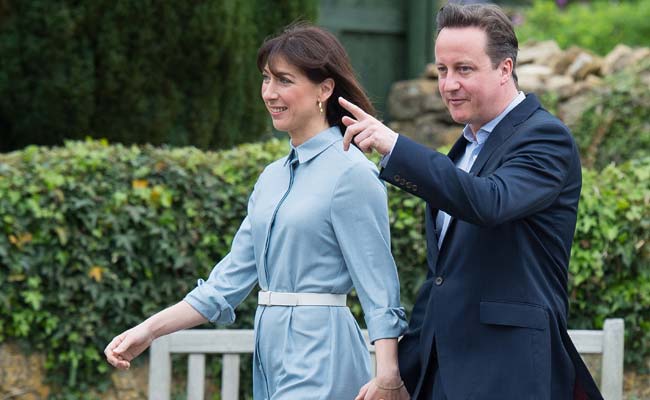

(Photo Courtesy: Sky News)
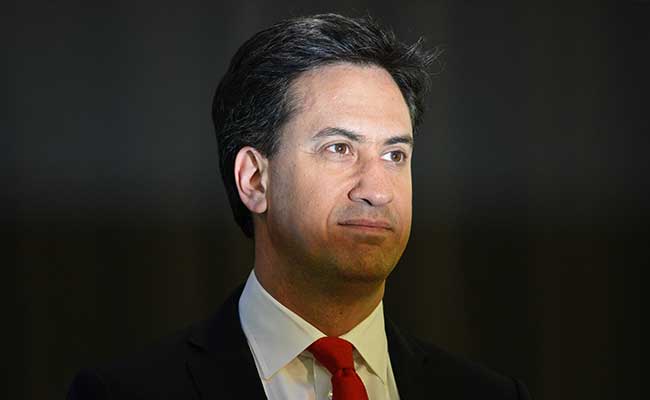
Congratulations @David_Cameron. As you rightly pointed out- its "Phir Ek Baar, Cameron Sarkar!" My best wishes. pic.twitter.com/xf5tJfW0SE
- Narendra Modi (@narendramodi) May 8, 2015Defeats are hard, but we're a party that will never stop fighting for the working people of this country.
- Ed Miliband (@Ed_Miliband) May 8, 2015British people have asked us to complete the job we started 5 yrs ago of turning Britain around. Will get straight back to work on that task
- George Osborne (@George_Osborne) May 8, 2015Once the new PM is in place I will want to meet with him asap to make sure Scotland's interests are represented says @NicolaSturgeon #GE15
- The SNP (@theSNP) May 8, 2015My thanks to everyone who voted @theSNP yesterday. You made your voice heard and we will make Scotland's voice heard at Westminster #GE15
- Nicola Sturgeon (@NicolaSturgeon) May 8, 2015Despite universal condemnation and terrible campaign, UKIP held huge vote. Cameron needs to remember.
- Rupert Murdoch (@rupertmurdoch) May 8, 2015Here's to a brighter future for everyone. pic.twitter.com/EeN0YFAvBm
- David Cameron (@David_Cameron) May 8, 2015This has clearly been a very disappointing and difficult night for the Labour party. To every member and supporter, I want to say thank you.
- Ed Miliband (@Ed_Miliband) May 8, 2015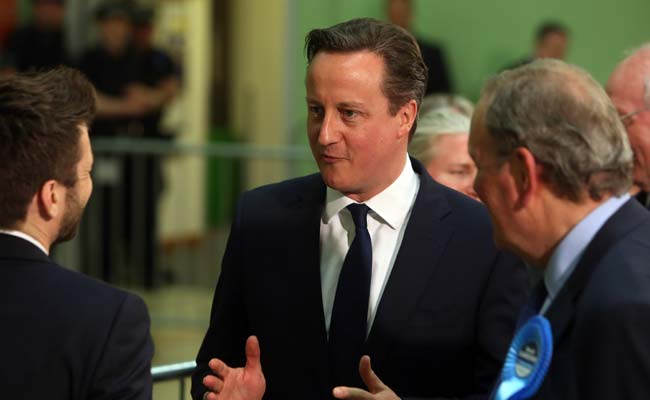
One nation, one United Kingdom - that is how I hope to govern if I am fortunate enough to continue as Prime Minister.
- David Cameron (@David_Cameron) May 8, 2015.@David_Cameron: "This is clearly a very strong night for the Conservative Party."
- Conservatives (@Conservatives) May 8, 2015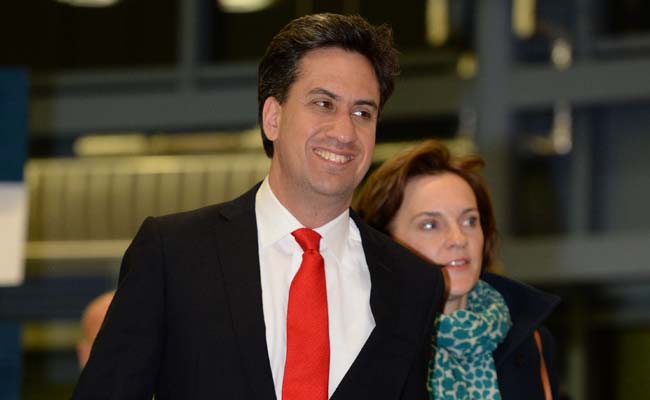
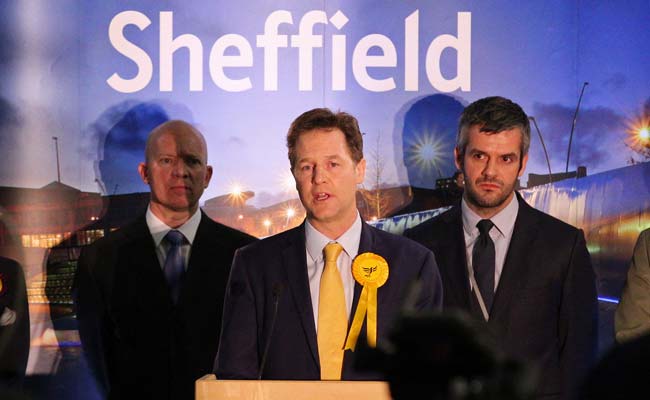
It's shaping up to be a bitter night for Lib Dems. Results do not do justice to the hard work, dedication and passion of our campaigners.
- Liberal Democrats (@LibDems) May 8, 2015
Conservative Party: 316
Labour Party: 239
Liberal Democrats: 10
Scottish National Party: 58
UK Independence Party: 2
Others: 25
We won't know the result for a while but I want to say thank you to people who knocked on doors & everyone who voted. pic.twitter.com/cuuw6daHIO
- Ed Miliband (@Ed_Miliband) May 7, 2015 Britain's Close Election: What Happens Next
Britain's Close Election: What Happens NextBritons are voting in an election that could go a long way to determine the future cohesion of the UK and its place in Europe. This one really matters.
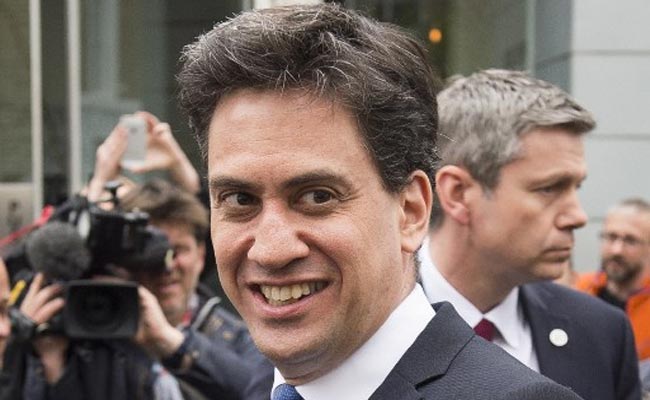
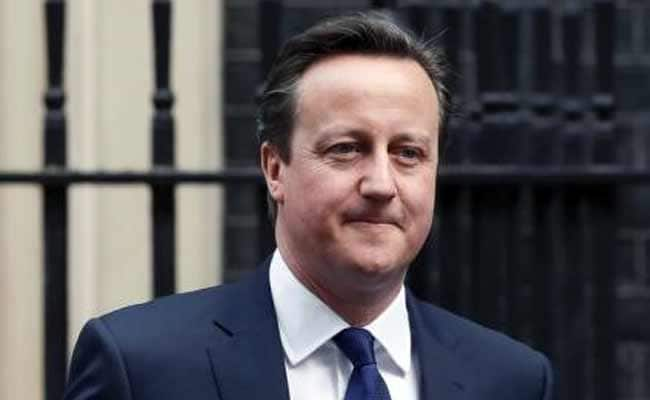


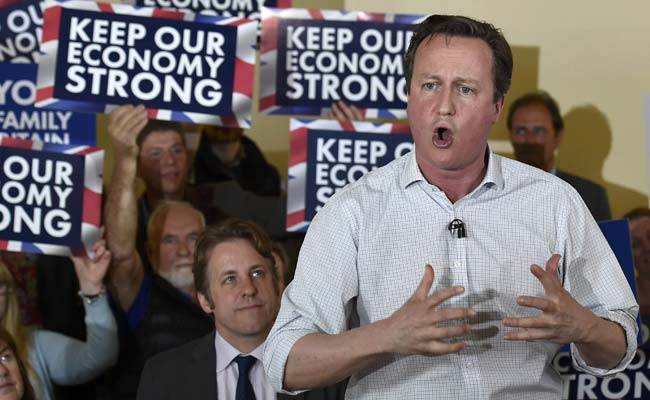
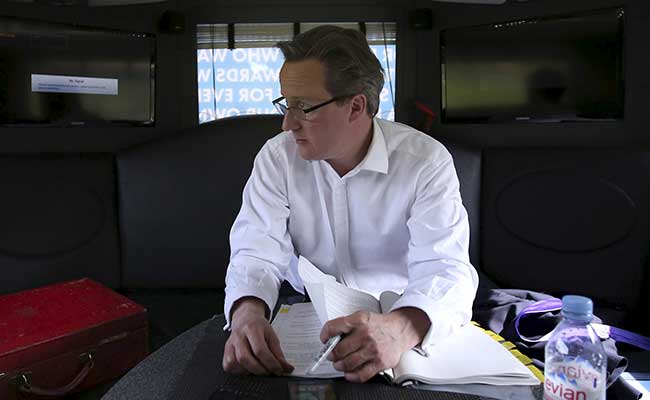
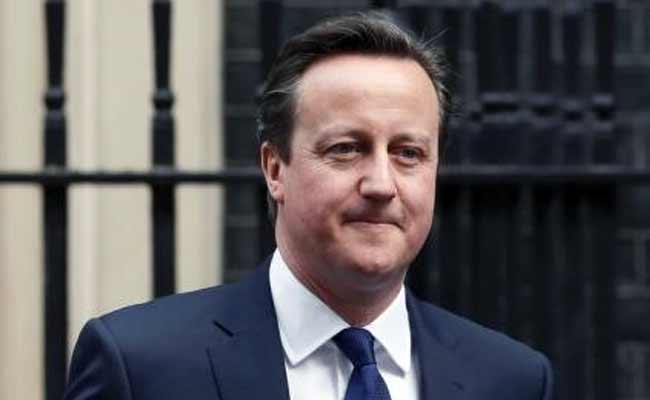

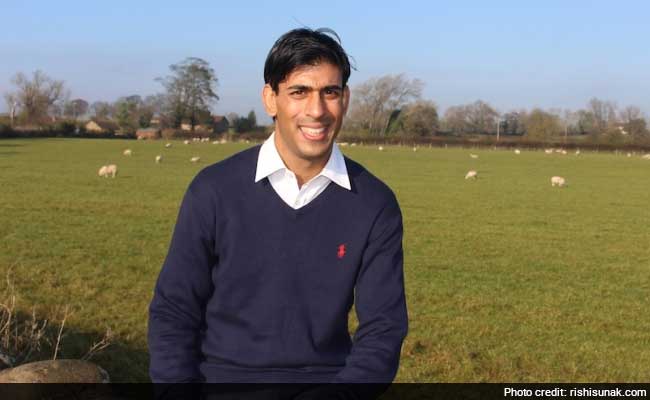
(File Photo: Rishi Sunak, son-in-law of Infosys' N.R. Narayana Murthy)

(David Cameron of the Conservative Party and Ed Miliband of the Labour Party)
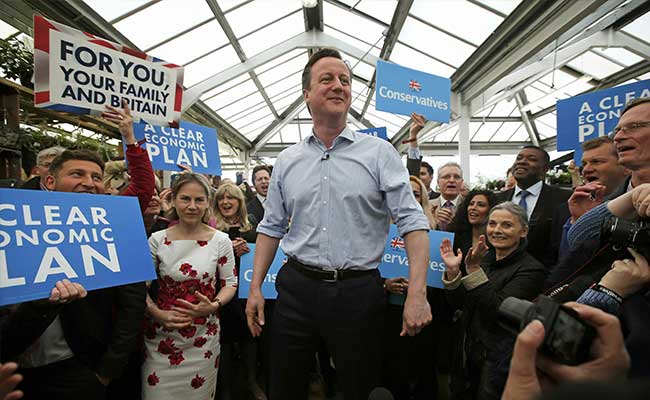

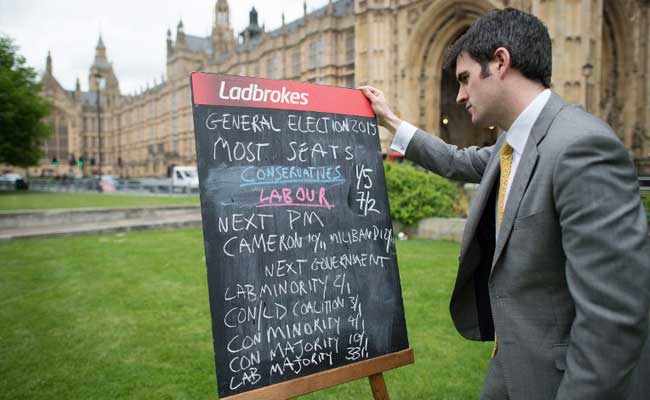
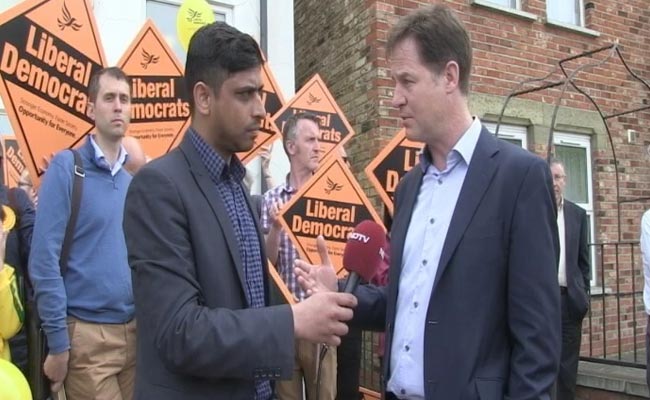
When NDTV pressed Nick Clegg about a post-election coalition arrangement, he didn't rule out a coalition with both the big parties.
